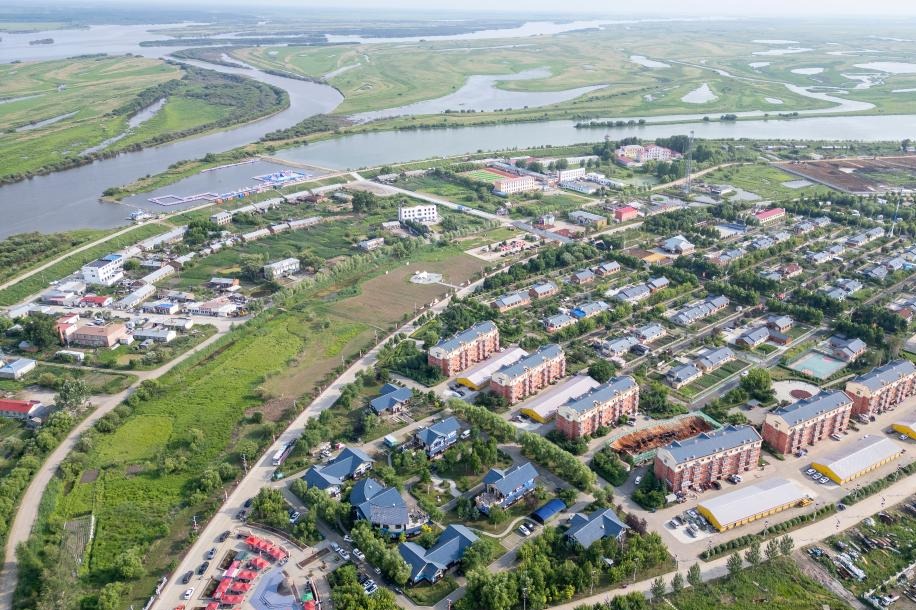Cash, coupons can help boost virus-hit economy


Given the sagging economic performance of the country, Shanghai and other areas severely affected by the upsurge in novel coronavirus infections should take measures, such as giving people cash or distributing consumer coupons, to boost the economy.
Consumer coupons can stimulate the economy by helping increase consumption to a certain extent, but their effects will be limited. In many cases, consumer coupons are only discounts or can be used only to purchase specific commodities.
On the other hand, giving cash subsidies to the people could compensate for their loss, including income loss, due to the upsurge in infections in some places. If the local economy, especially productivity, and people's life are seriously affected by the strict pandemic prevention and control measures, restrictions on the movement of people and vehicles and other strict anti-pandemic measures, cash, not coupons, should be given to the people, as it would not only lessen their difficulties but also help increase consumption.
But if consumption is sluggish thanks to factors other than anti-pandemic measures, local governments could consider issuing coupons, especially in cities which have not implemented lockdowns or other strict anti-pandemic measures.
It is also important to analyze whether the sporadic COVID-19 outbreaks are affecting, or have affected, the entire local economy or just specific industries. If the impact is pervasive, it is better to give cash to the people. If only specific industries are affected, coupons could be distributed to stimulate those industries.
Besides, the government should give cash to all the residents of the areas that have been locked down regardless of their age, gender, hukou (household registration) and other attributes. And if the government is fiscally stretched, cash could be distributed mainly among working-age people.
It is usually difficult to decide who should get financial aid during an economic crisis. But during a pandemic, it's relatively easy to identify the most affected people, or groups of people.
The government could consider paying one month's average salary to the people most affected and adjust the payment policy based on the period of lockdowns and other strict anti-pandemic measures. Also, it's easier for the authorities to transfer money or send coupons to individuals as digital payment is available for most people.
Due to the impacts of the epidemic, some local governments face fund shortage. Since their financial burden cannot be immediately eased in such a situation, coupons and/or cash could be given in batches.
As for the money spent on cash aid and coupons, it can be recovered through the higher consumption-generated taxes after the economic recovery. If the short-term finances are tight, the government can resort to debt issuance-for instance, by issuing bonds at home and abroad.
Some other measures can also be taken to boost the economy. For instance, if the coupons that merchants and service providers receive as payment from consumers cannot be cashed until, say, next year when the government's financial situation is expected to improve, their exchange rate could be raised by 3 percentage points or more. Such measures are equivalent to the local government issuing bonds to prop up the economy.
In areas severely affected by the sporadic outbreaks, policies such as tax and fees cuts, rent exemption, and low-interest loans should be implemented to help the companies in need. But such policies won't be enough to boost the economy if businesses are already closed during the outbreaks.
In addition, since many flexibly employed people, including delivery boys and housekeepers, are not formally employed by any e-commerce platform or company, they may not benefit from the financial assistance policy.
Under normal circumstances, public funds should not be randomly used to help individuals or enterprises. But since lockdowns and other strict anti-pandemic measures are for the common good, the costs of such measures shouldn't be borne mainly by individuals.
That's why it makes sense for the local governments to give people some subsidies and/or cash.
The views don't necessarily represent those of China Daily.

If you have a specific expertise, or would like to share your thought about our stories, then send us your writings at opinion@chinadaily.com.cn, and comment@chinadaily.com.cn.



































